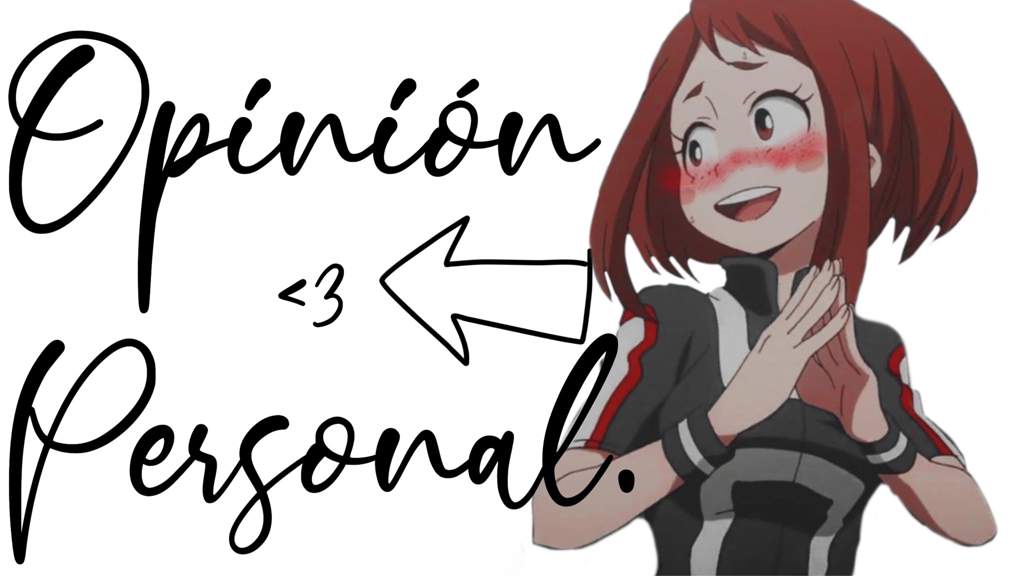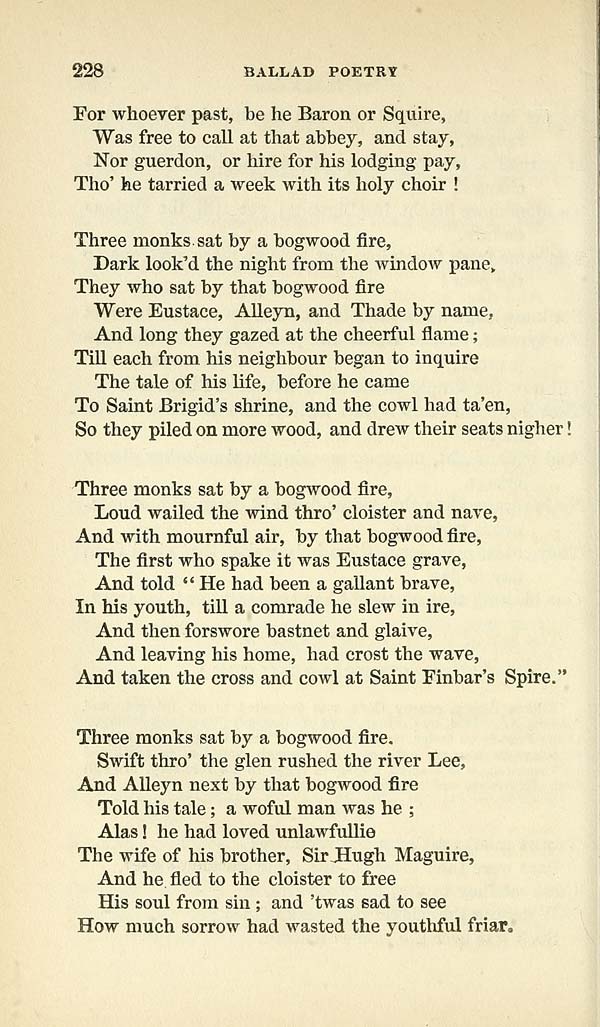

of Baltimore - whose lines about 'Heaven,' though he professes to regard them as altogether superior to any thing in the whole range of American poetry, save two or three trifles referred to, are, though nonsense, rather exquisite nonsense - would but do himself justice, might make a beautiful and perhaps magnificent poem. He did, however, admit that the work showed great promise in the author. The journal's editor John Neal introduced the poem and others by Poe as "nonsense". Nonetheless, it was soon published in the September 1829 issue of The Yankee and Boston Literary Gazette.

Poe first offered the poem to Nathaniel Parker Willis, who wrote in an edition of "The Editor's Table" of the American Monthly of how he threw the submission into the fire and joyfully watched it burn. Originally titled "Heaven," "Fairy-Land" was written while Poe was at the United States Military Academy at West Point. See also the humorous tale " A Predicament". The poem is one of the few works by Poe to be written in the voice of a woman. Aldous Huxley made the same observation, calling the rhyme "ludicrous" and "horribly vulgar".


He is referring to the name of the bride's dead lover, "D'Elormie", which he calls "patently a forced rhyme" for "o'er me" and "before me" in the previous lines. Poe biographer Daniel Hoffman says that "Bridal Ballad" is guilty of "one of the most unfortunate rhymes in American poetry this side of Thomas Holley Chivers". In marrying, she has broken her vow to this previous lover to love him eternally. Despite her reassurances that she is "happy," the poem has a somber tone as it recounts a previous love who has died. The poem is unusual for Poe because it is written in the voice of a woman, specifically a recently married bride. First published simply as "Ballad" in the January 1837 edition of the Southern Literary Messenger, it was later retitled as "Bridal Ballad" when it was printed in the Jedition of the Saturday Evening Post.


 0 kommentar(er)
0 kommentar(er)
